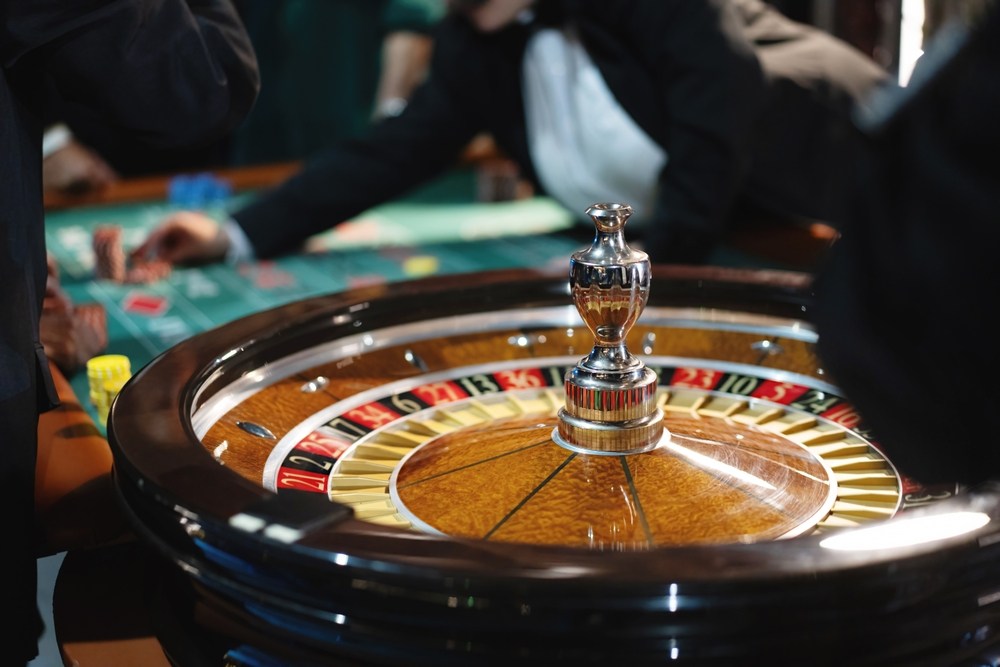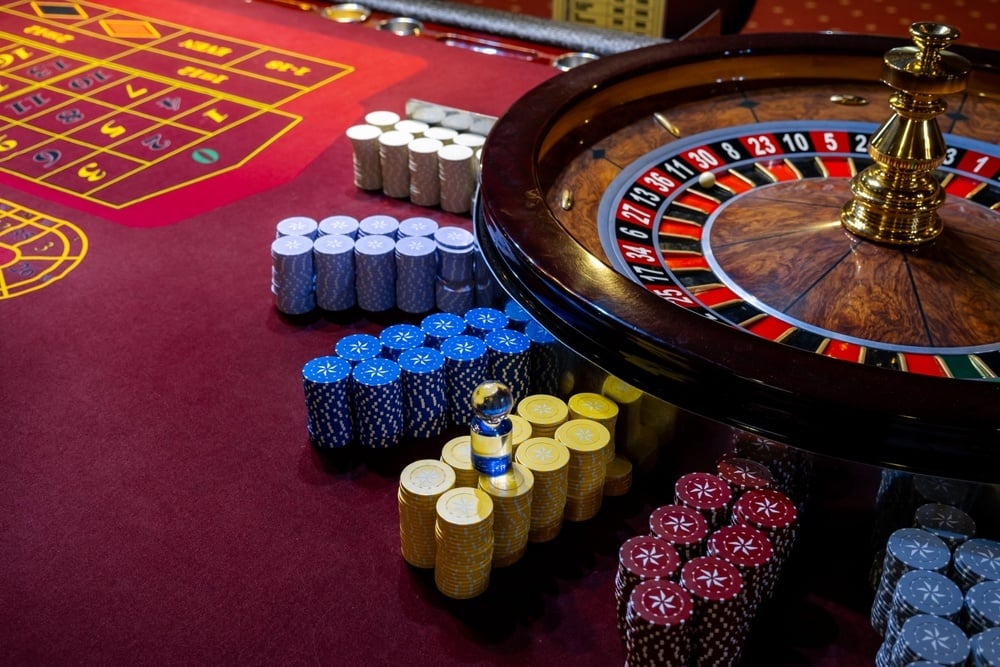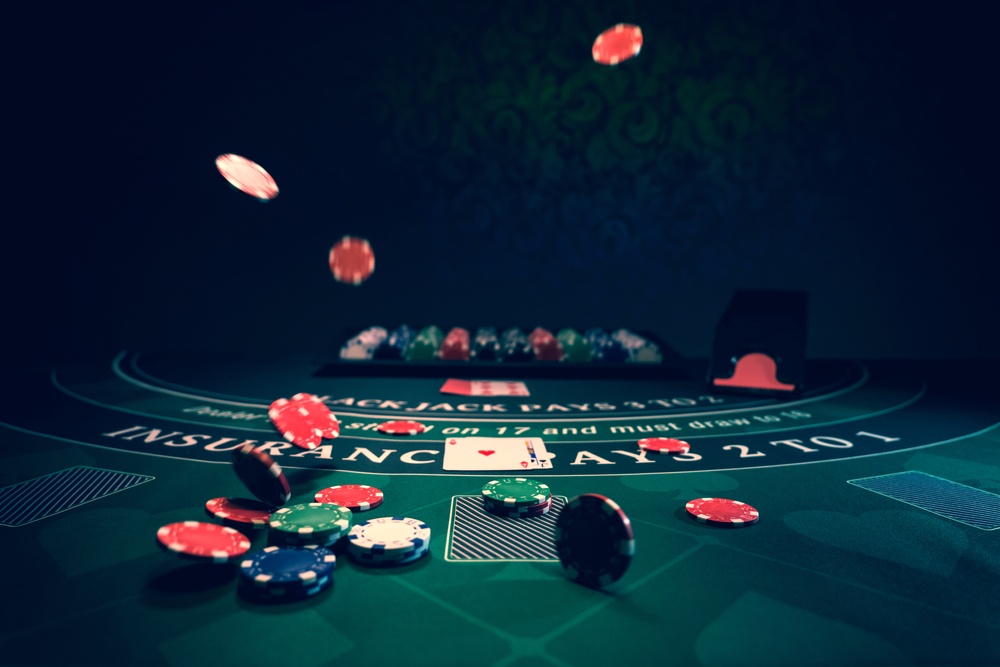Why the Myth of Foolproof Betting Strategies Keeps Casinos Smiling

What This Guide Reveals About "Failsafe" Gambling Methods
This article aims to demystify the concept of foolproof betting and explain why such beliefs ultimately benefit casinos rather than players. You'll discover:
- How the house edge ensures casinos win over the long term, regardless of betting tactics.
- Which popular betting systems, like the Martingale, are fundamentally flawed.
- The role of randomness and probability in gambling outcomes.
- How psychology and cognitive biases fuel belief in unbeatable strategies.
- Real-world examples of how these beliefs play out in casinos.
Let’s dive into the realities behind the enduring lure of the “guaranteed” win.

Are Any Gambling Strategies Truly Safe?
The simple truth is that no betting strategy can assure consistent winnings. Casinos rely on the inherent unpredictability of their games, and even the most disciplined gaming method cannot change the fundamentally random nature of outcomes.
Consider these examples:
- Craps: Each dice roll is independent, making results genuinely unpredictable.
- Blackjack: While strategies exist to reduce the house edge, there’s no guarantee on the card you’ll draw next.
- Roulette: Every spin stands alone, unaffected by past spins, ensuring pure chance.
In digital formats such as slots or video poker, outcomes are determined by certified Random Number Generators (RNGs). These ensure results are entirely random, with strict regulatory checks for fairness.
The Inescapable House Edge
No matter which game you play, the odds are tilted in the casino’s favor. Take American Roulette as an example: the wheel offers 38 possible outcomes (numbers 1-36, plus 0 and 00), but a winning straight-up bet pays only 35 to 1. The difference between the true odds and payout is the built-in advantage-the house edge-ensuring the casino’s long-term profit.
Why Betting Myths Refuse to Die
Despite overwhelming odds, stories about “infallible” systems or lucky streaks continue circulating, reinforcing the myth that players can beat the house. This persistence is fueled by:
Misconceptions About Probability
Players frequently confuse short-term streaks for reliable patterns. For example, remembering a lucky roulette number and expecting it to deliver another win disregards the randomness of each spin. Past outcomes don’t alter future probabilities-each result is independent and unpredictable.

The Power of Anecdotes Over Reality
Winning stories dominate casino lore-who poses with a giant check after a loss? Casinos proudly display jackpot winners to create the illusion of frequent big payouts, overshadowing the reality that far more people walk away empty-handed. Social sharing further skews perception: friends are quick to boast about wins but rarely recount losses.
The Limits of Popular Gambling Systems
Some betting tactics, such as the Martingale, Fibonacci, and 1-3-2-6 systems, enjoy enduring popularity. However, believers often overlook their inherent shortcomings.
How the Martingale Actually Works
The Martingale involves doubling your bet following each loss, under the assumption that a single win will recover all previous losses plus a profit equal to the original stake.
But consider this progression, starting with a $25 bet:
1. $25
2. $50
3. $100
4. $200
5. $400
6. $800
After six straight losses, you would need $1,575 just to cover bets, and would likely hit the casino’s maximum table limit before getting a chance to recoup.
Why Betting Systems Fail: Limits and Bankrolls
- Casino-imposed betting maximums quickly halt aggressive doubling strategies.
- Few players have the unlimited funds necessary to sustain extended losing streaks.
- Even “tried and true” methods cannot overcome the simple math favoring the house.
How Casinos Secure Their Advantage
Casinos don’t depend on luck-they program advantages into every aspect of play.
For example:
- Roulette payouts are always slightly less than true odds.
- Slot machines are calibrated to return only a specified percentage (Return to Player, or RTP), with “loose” slots offering higher, but not player-favorable, returns.
To keep players at the tables, casinos also employ subtle psychological tactics:
- Complimentary drinks, often alcoholic, to diminish inhibitions.
- Environments designed with bright lights, sounds, and no clocks or windows, distorting the sense of time.
- Loyalty programs encouraging longer play sessions with rewards points.

Smart Habits: Avoiding the Failsafe Fallacy
Protect yourself from betting myths by integrating these practices:
Know Your Games and Their Odds
- Blackjack: Employing a basic strategy cuts the house edge to under 1%.
- Roulette: Betting on a single number yields a 2.6% chance, while red/black bets are just under 49%-but pay much less.
- Slots: Payout rates (RTP) usually range from 85-98% in traditional casinos.
Well-informed players are less likely to fall for promises of infallible systems.
Set Firm Budgets and Boundaries
Determine both time and money limits before you start playing. Resist the urge to “chase losses,” and remember: stepping away helps you avoid emotional decision-making. If you find yourself upping bets to win back what you’ve lost, it’s a signal to take a break.
Understanding the Gambler’s Fallacy
Awareness of cognitive traps can keep you grounded. The Gambler’s Fallacy is the mistaken belief that after a streak of one outcome, the opposite is more likely. For example, if red hits ten times in roulette, many expect black must be “due.” In reality, each spin is independent-past events do not influence the next result.
In craps, waiting for a “long-overdue” 7 to appear doesn’t increase its likelihood. The probability stays the same for every roll; it’s randomness in action.
Additional Insights into Casino Games and Winning Odds
If no strategy is invincible, some games still offer better odds of winning. Here’s a comparison:
| # | Game | House Edge |
|---|---|---|
| 1 | Blackjack | 0.39% - 2% |
| 2 | Spanish 21 | 0.4% - 0.76% |
| 3 | Baccarat | 1.06% - 1.24% |
| 4 | Craps | 1.58% |
| 5 | Ultimate Texas Hold ‘em | 2.19% |
Skill vs. Pure Luck: What’s the Difference?
- Skill-Based Games: Titles like poker and blackjack allow players to use strategy and decision-making to influence results. In blackjack, for example, choosing whether to hit, stand, split, or double down can impact your outcome.
- Games of Chance: Slots and roulette rely purely on luck; player choices do not affect the outcome. The illusion of control (e.g., choosing numbers in roulette) doesn't shift probability.

A Real Case: Falling for the Gambler’s Fallacy in Las Vegas
Let’s illustrate the psychology of gambling with a real-life example. On a trip to Las Vegas, a friend was convinced that after a run of red numbers on the roulette wheel, black was certain to appear next. The logic felt compelling, but what happened? Red showed up for several more spins. Each result was independent and random-the very definition of the Gambler’s Fallacy in action.
Title Image Credit: Dragana Gordic/Shutterstock













